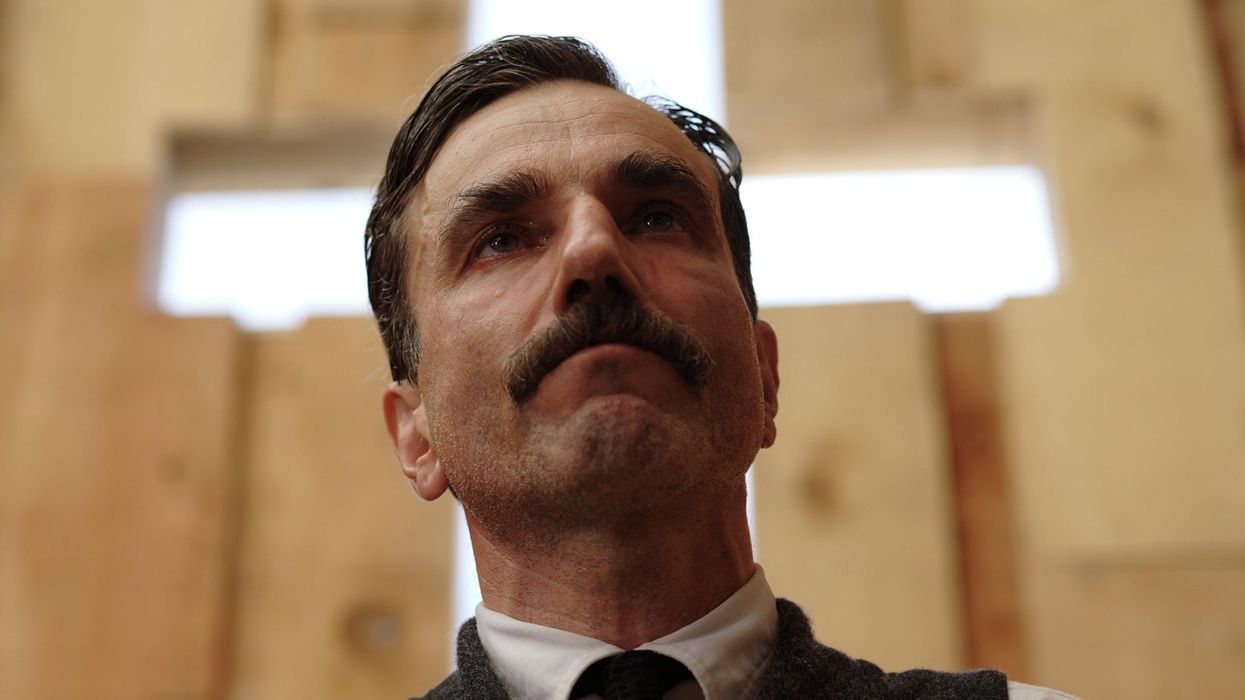Watch: How Paul Thomas Anderson Creates Deeply Human Characters
Whether you're a PTA enthusiast or just a lover of movies and people, you need to watch this.

In a review of Magnolia, Roger Ebert remarked that its bravura opening sequence, with Ricky Jay narrating a series of incredible coincidences, "sets up the theme of the film...people earnestly and single-mindedly immersed in their lives, hopes, and values, as if their best-laid plans were not vulnerable to the chaotic interruptions of the universe. It's humbling to learn that existence doesn't revolve around us; worse to learn it revolves around nothing."
In a new video essay from Jack’s Movie Reviews, an exceptional analysis puts forth the theory that Paul Thomas Anderson's characters are, fundamentally, seekers, filled with a deep, American loneliness. It's a pain can only be quieted by a deeply American cure: a new life.
From Torrance in Boogie Nights to Freddie Quell in The Master, and even Daniel Plainview (as the exception that proves the rule) in There Will Be Blood, Anderson's characters are preoccupied with a search for meaning, and, more often that not, surrogate parental figures or even whole families. The director, who grew up in the same quintessentially American suburban sprawl of Los Angeles' San Fernando Valley that he depicts so well in Boogie Nights and Magnolia, once said (proving Ebert right, or more right than he even knew): "I don't get a sense of American pride. I just get a sense that everyone is here, battling the same thing— that around the world everybody's after the same thing, just some minor piece of happiness each day."
This video is one of the best analyses of a director's careers to come around in a while. While we wait for the new film that will reunite PTA with Daniel Day-Lewis, it should help to tide movie lovers over:
Anderson's trajectory as a major film artist has been one of the most dramatic in recent film history. First, there was the simple, studied grace of Hard Eight; next, the frenetic long takes and drunk camerawork of Boogie Nights. Then, Anderson transitioned, seemingly overnight, into a major American artist with There Will Be Blood, a film that not only entered pop culture but also shone a harsh light on the myths of the American West and Rugged Individualism. Because Anderson is a deeply American filmmaker, his obsession is the country's own obsession with reinvention—the idea that your fate is not sealed at birth.
It is, perhaps, no accident that PTA's first film took place in and around games of chance played by rootless souls in the desert. Magnolia examined the deep longing for connection between characters who live next to each other as strangers, as well as the cock-eyed optimism that posits that the world is bigger and weirder than you could ever imagine.
In Anderson's films, certainty is a mug's game. Sometimes, against all odds, we do change our lives in an instant, find meaning, and connect. As Ricky Jay intones in Magnolia, "These strange things happen all the time."











